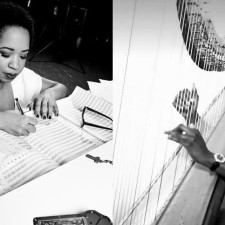Traveling at nearly 100 miles per hour on the Virgin Line train between Milton Keynes and London, my thoughts were swirling after a two-day conference that explored various international jazz cultures, media, music, writings, funding patterns, pasts, presents, and futures. There’s something singular about these kinds of gatherings: they become micro-communities with their insular energies and negotiations. This one moved—somewhat like the Virgin Line—quickly, careening from subject to subject, speakers cramming in as many salient points as possible in their allotted twenty minutes, hoping to be compelling and wishing not to be misunderstood.
Racial identity, that hot potato topic just waiting to be misunderstood, it seems, was definitely the co-star of the show in many of the presentations, including my own keynote address, “Jazz as Social Contract.” We asked each other constantly, over the course of the proceedings, “How does race animate cultural production?” “How does it organize audience bases and musical tastes?” “Should we move beyond the social category of “race” or can we continue to think about it productively as a unit of analysis in our research?” Another much discussed line of inquiry was the role of the nation-state in organizing the production, reception, and interpretation of jazz in Europe. Is it “black” if it’s clearly European? Yes, indeed, one of the papers was provocatively titled “Say It Loud, I’m British and I’m Proud.” Big ups to the Queen–I mean, “all hail the Queen”—not Queen Latifah, the other one who didn’t used to rap and bust a move (I know its easy to confuse them because they both wore big hats).
When I arrived and checked into the hotel, the television played constant footage of “breaking news,” a 50,000 strong “student protest” taking place in central London. In this case, the news really was breaking, as certain elements in the crowd began to break windows of administration offices, start fires, and hurl heavy objects from rooftops onto the police. What began as an idea for peaceful protest among students concerned that their education costs were about to be increased exponentially, descended into a something else. The police were shocked, saying that the students agreed that it would be a peaceful event and were chagrined that they had lost control. Thinking back on the scene, after 48 hours of non-stop race theory, I wonder here if this mostly white crowd had been yellow, black, or brown, no matter how legitimate the cause, would it have been labeled a “riot”? Serious question, though I can’t help but point out my own crude “color wheel” approach to race here—seems out of place after all the high theorizing I experienced, but I’ll let it stand for now. I’ll report some nuance on the conference next time.
Last night I hailed a black taxi and ventured out to Charlie Wright’s International Club to hear the band Rudder, a New York based group. It was telling to hear this indy-jam band in this setting, especially after talking about jazz so much. I like to mix it up musically. The band’s music is groove-oriented, criss-crossing several genres: rock, funk, and blues. Their repertoire, in fact, seems to be based on a consistent formal plan: establish the groove and rework it through time by improvising and tossing in a harmonic shifting midway. The melodies were simplistic, leaving lots of room for the exploration of timbre, mostly through instruments whose sounds had to been altered. This was a casual affair. The keyboardist, Henry Hey duck taped his laptop to a barstool. Jeans, tees, and lots of beer set the tone. This was not “America’s classical music” being exported here, but something fun, thoughtful, and inspiring. A tight working unit, Rudder played original music (always nice) for a mostly male (not so nice) crowd of tipsy admirers. Come to think of it, the scholars at the conference were mostly male, too. I’d like to suggest a Ladies Night format for scholarly jazz conferences and indy jam band venues. As the Queen once said, ladies first. More later…
Dr. Guy
Tags: Charlie Wright's International Club, Henry Hey, Jazz, jazz conference, Rudder


 Share On Facebook
Share On Facebook Tweet It
Tweet It

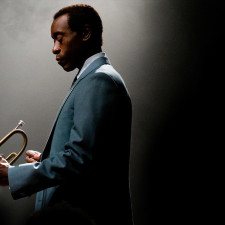
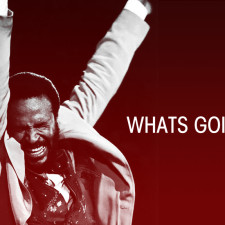
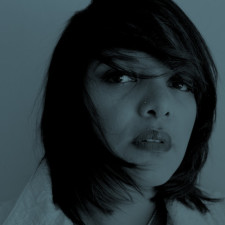
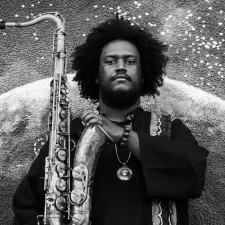
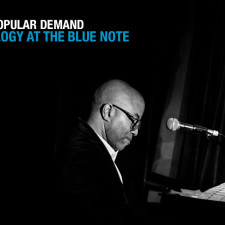
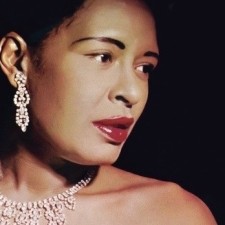
![[Philly EVENT] Screening of Amazing: A Film about Bud Powell](http://musiqology.com/blog/wp-content/uploads/2015/03/bud-powell-225x225.jpg)

